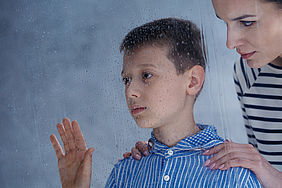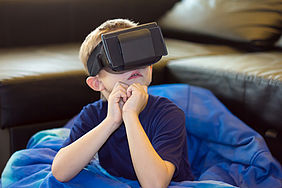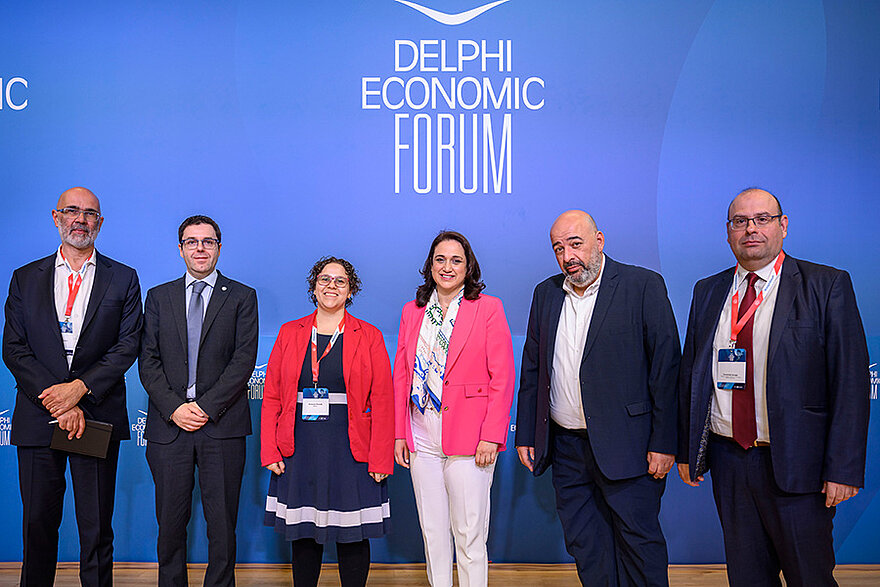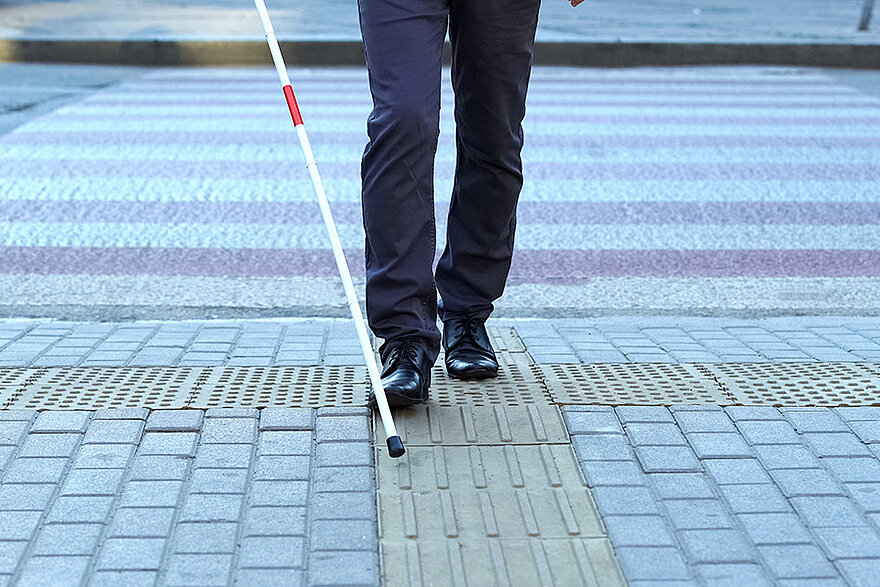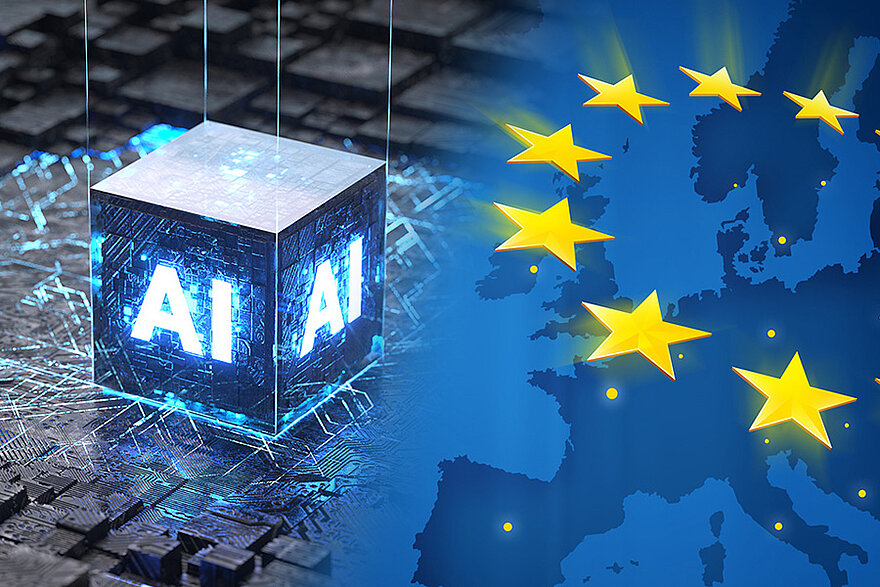TWB (Therapeutic services based on Wearable virtual reality and Bio-Sensors) is a European project supported by EIT Digital in the Digital Wellbeing Action Line that addresses the therapeutic needs of persons with neuro-functional impairments, providing innovative services bringing wearable VR apps & bio-sensing devices into a customizable platform for patient care, cure and data analysis. Children with NFI represent 13% of the world's population. Recent research1 indicates that autism spectrum disorder affects around 1 in 100 people. Economic costs associated with autism make it the costliest medical condition with an annual total cost of $61 billion in the USA and at least £3.1 billion per year in the UK, more than heart disease, stroke and cancer combined2. The care cost added to opportunity cost (US) was estimated between $162 billion and $367 billion in 2015 (~0.9-2% of GDP) and is forecasted to $1trillion in 20253. Mainly Italian but also Dutch, TWB in an early bird project started late 2017 and now officially running with the support of EIT Digital. Fulvio Marchetti from Santer Reply S.p.A., Business Champion and Activity Lead explains: "For most forms of neuro-functional impairments (NFI) there is no cure. But early and focused intervention can mitigate the NFI effects. Still, current therapies are often boring and repetitive. Collecting data about patients and interventions for assessment and treatment tuning is difficult and time consuming. TWB services is aimed to provide new, more engaging and age-appropriate forms of treatment. On the other hand, specialists need automatic data gathering tools, enabling novel treatments for children with NFI to develop cognitive-behavioural skills, improving life quality for these subjects, empowering engagement and reducing social costs of NFI and this is what TWB is working on".
The main partners of the activity and their roles are:
- Santer Reply S.p.A., Activity Leader and Business Champion is responsible for System Integration and Go-to-market strategy
- Politecnico di Milano is responsible of Virtual Reality Apps and contents development and management
- IMEC NL is responsible for Bio-sensing devices and algorithms
Customer targets are B2B: Hospitals, Therapeutic Centres, Specialists (Neurologists, Psychologists, Neuro-functional therapists and primary countries considered are Italy, Netherland and Germany.
The way TWB will operate is as follows:
- TWB's pilots will be driven in two therapeutic centres in Italy
- TWB services will be showcased to actual consortium customers and prospects like hospitals, therapeutic centres, single professionals
- As an early bird started in 2017, TWB will dedicate 2018 to a wider device and data integration for go-to-market
The Digital Wellbeing Action Line leverages digital technologies to help people stay healthy (through prevention and early detection) or cope with an existing chronic condition. It includes both physical and mental wellbeing. The solutions generally rely on enabling consumers to be well-informed about their wellbeing, change their behaviour and use digital unobtrusive instrumentation to monitor and improve their quality of life, saving high healthcare costs later in life.
1Elsabbagh et al. 2012; Fombonne, 2011; ADDM 2012; Mattila et al. 2011; Saemundsen et al. 2013; Baird et al. 2011. 2Buescher, A.V.S., Cidav, Z., Knapp, M., & Mandell, D.S. (2014). Costs of autism spectrum disorders in the United Kingdom and the United States Jama Paediatrics, online. ISSN 2168-6203. 3Landmark study, funded by Autism Speaks - in JAMA Paediatrics, 2014
